The Future of Smart Homes: How AI is Changing Our Living Spaces
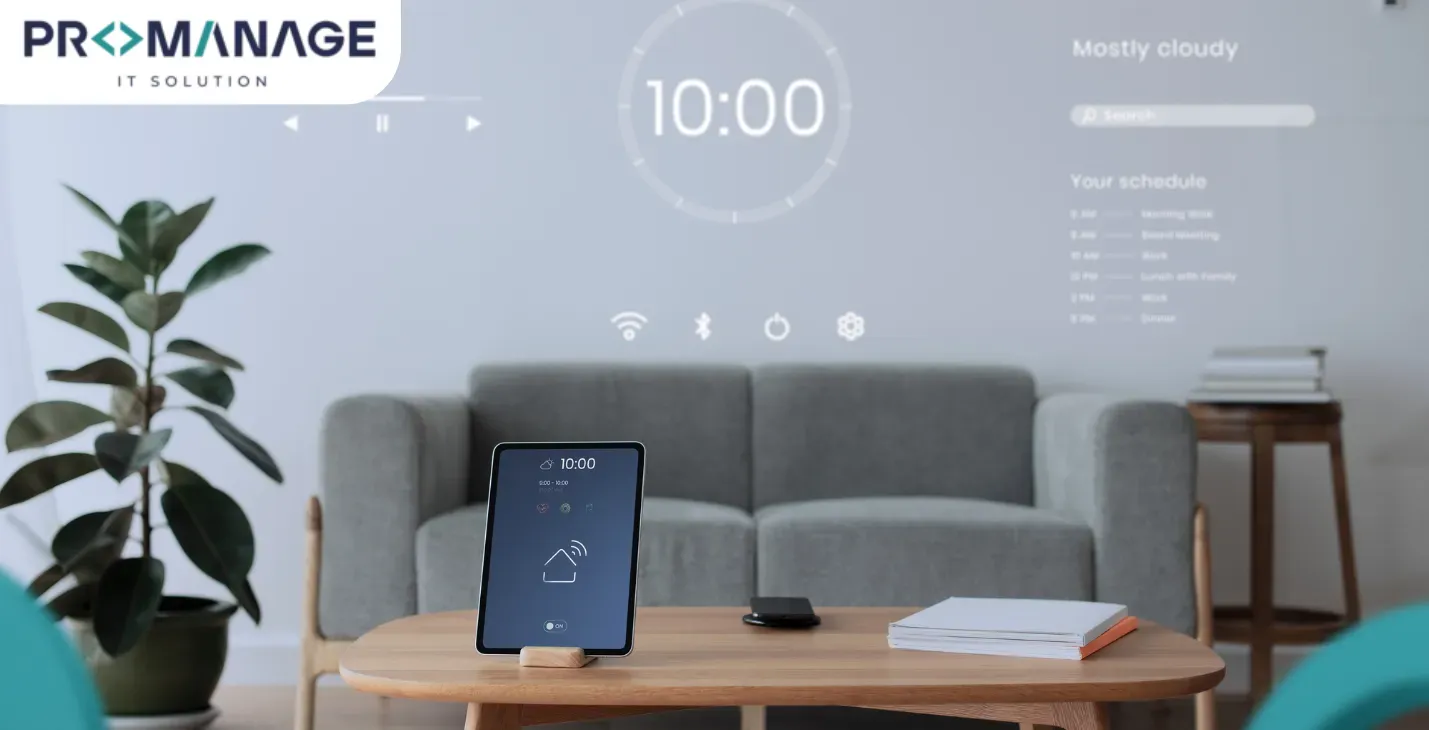
You can now live in a smart home instead of just dreaming about them in the future. Home automation has hit new levels of comfort, efficiency, and customization as artificial intelligence (AI) has grown quickly. Our homes are becoming smarter ecosystems that are meant to make us feel safer, more comfortable, and better for the environment. These ecosystems include AI home devices that can predict your needs and voice-controlled assistants that can complete chores in seconds.
How Smart Homes Are Growing?
Smart houses are more than just a group of equipment. They are associated with places run by AI and the Internet of Things (IoT). At home IoTs such as smart thermostats, safety cameras, door locks and equipment can talk to each other and work together without any problems. The modern smart home learns from changes to fit users habits. This means that your home can then “understand” when you wake up, what weather you like, and even after working, what music helps you.
AI Home Device and Everyday Convenience
AI home gadgets are made to make everyday tasks easier. Smart ovens automatically change the cooking time, and smart refrigerators keep an eye on the food you have and also suggest recipes. Robot vacuum cleaner learn your rooms layout which help with making the cleaning process easier.
But personalize is where the real progress comes. The AI-driven system can see how you use it over time, unlike traditional things, which can be programmed. For example, a smart thermostat does not just follow a fixed plan. It shows what you want by looking at the changes you have made in the weather, daytime and past. It not only helps humans, but it also destroys low energy.
The New Remote Control: Voice-Controlled Helpers
Voice-controlled assistants such as Amazon’s Siri, Amazon Alexa and Google’s assistants have become the most important part of home technology. You can give an order about controlling the coffee machine, lights, locks or even your entertainment system. Voice control is quite easy to use. This technique provides the freedom and protection that older people or disabled people need.
We can expect these assistants to be more conventional in the future, be more aware of the surroundings and will be able to handle more complex tasks. You can only say, “Get my evening routine ready” and your house will do everything for you: Dim the lights, close the doors, change the temperature and start your favorite program.
Smart homes with safety and privacy
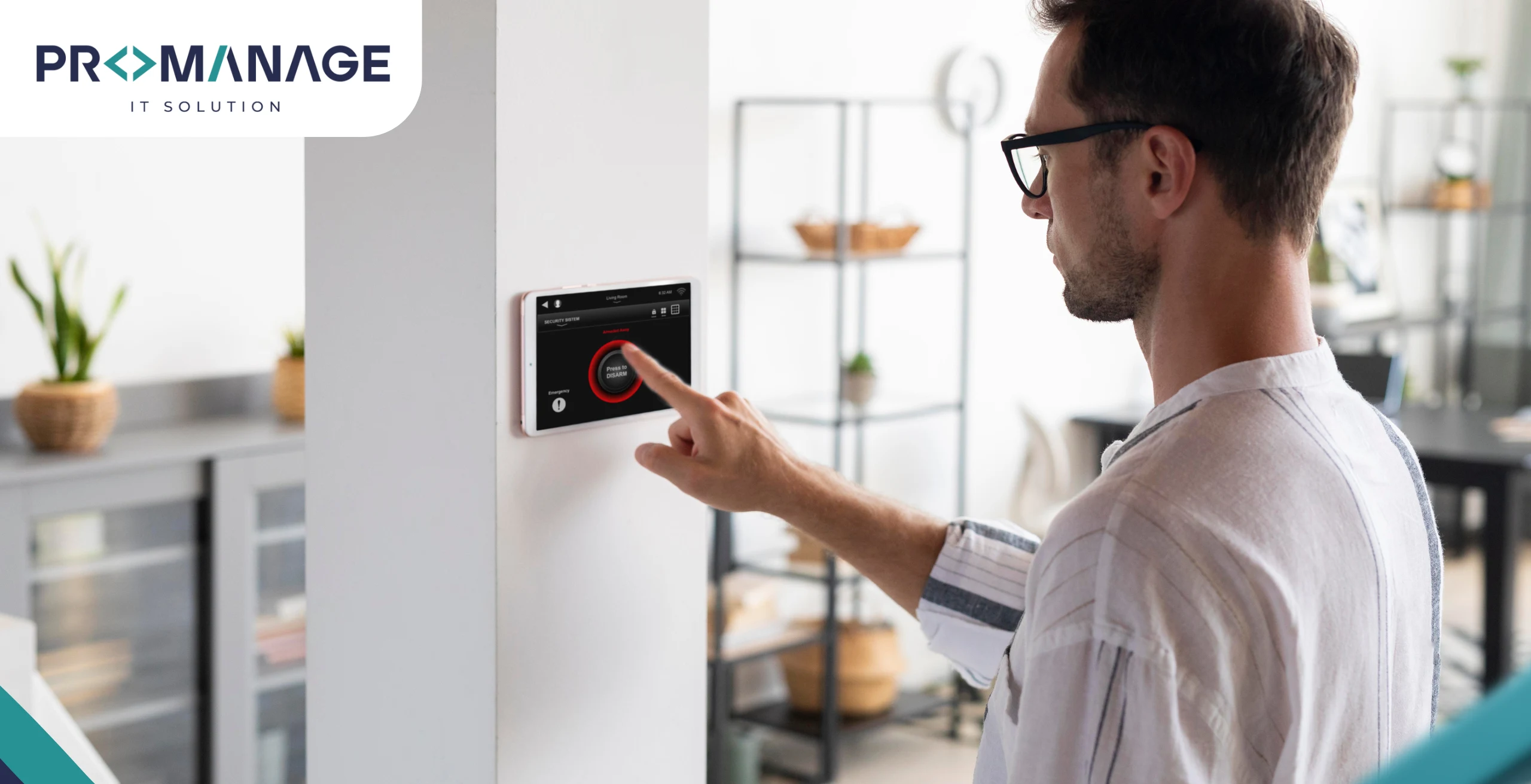
Our homes are more likely to be broken into as they get smarter. IoT devices for home need to be connected to the internet, which lets cyber threats in. There are real risks when hackers go after cameras, locks, or personal information.
AI is changing to make home protection better. Smart cameras that are more up-to-date can now tell the difference between family members, guests, and intruders by looking at their faces. Doorbells that are driven by AI can let you know if someone you don’t know is outside. But there needs to be a balance. Collecting too much info could hurt people’s privacy. We might see more autonomous AI systems in the future. Data in these systems are processed locally instead of in the cloud, which makes them less danger to threats from outside sources.
Sustainable and Energy Efficient
One of the best things about smart houses is that they are eco friendly. Energy management systems that are run by AI gadgets, heating, and cooling based on immediate demand to make the best use of electricity. Smart lighting changes the glow on its own, and the solar AI system can find out how much energy the house will use, which makes it more self-sufficient.
This change will not only reduce energy calculations, but it will also help reduce the world’s carbon emissions. Imagine a neighborhood of Ai optimized houses, saving energy in each smart way.
AI in Homes: The Human Side
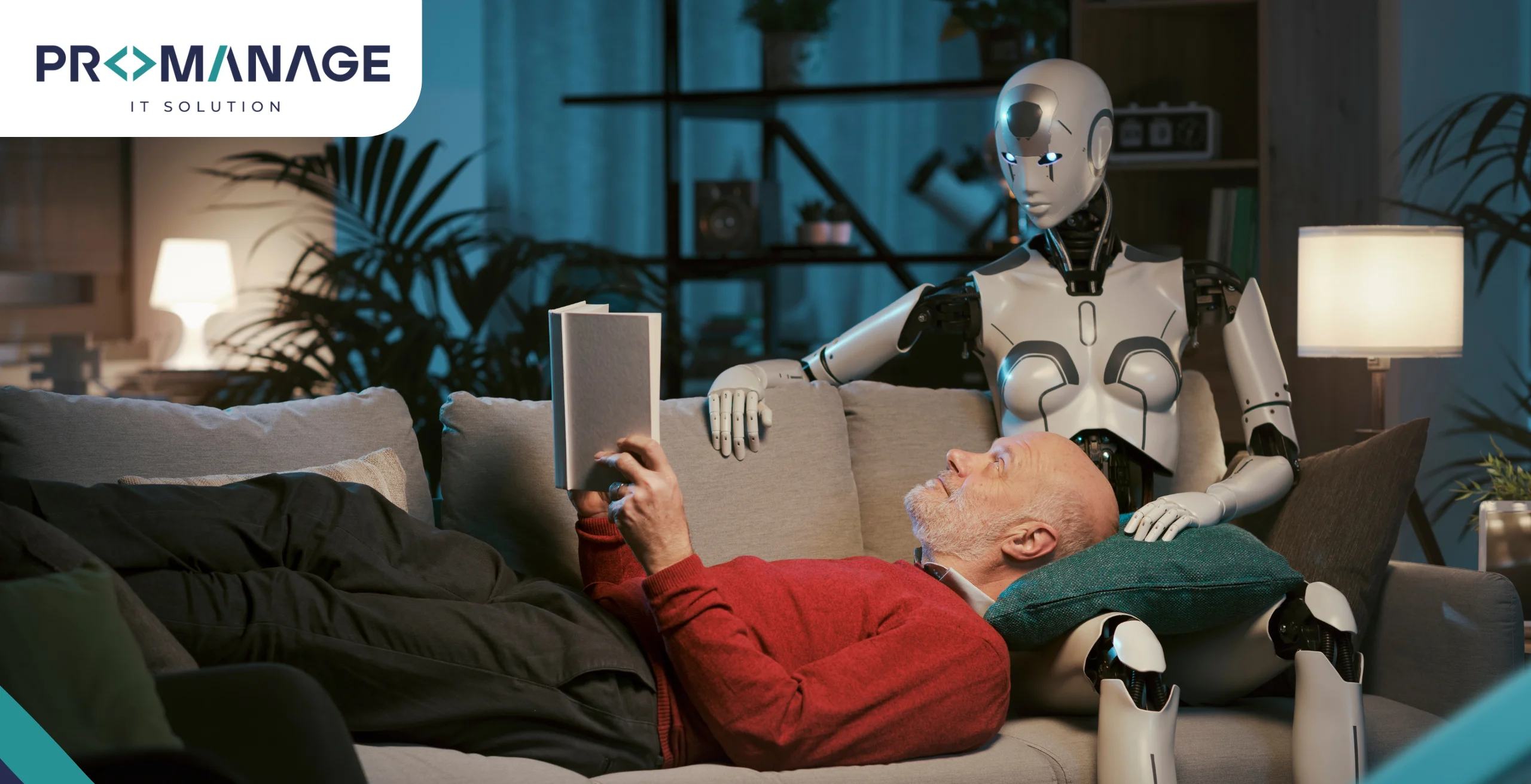
Even though we focus a lot on technology, the most important thing is how it makes life better for us. Smart homes can help us live healthier lives, lower stress, and spend more valuable time with our families. AI can keep track of things like sleep habits, air quality, and even your water intake in a day.
But there is a unique problem: relying too much on technology.
Do we risk losing important skills or the chance to connect with other people if everything is done for us? Smart houses should have a bright future as long as they do not affect our relationships or work.
The Way Ahead
Smart houses will be smarter, more flexible, and more emotionally connected in the future than just automated. Homes will change from being reacting to being proactive as AI gets smarter. Your home will know what you need before you even tell it, instead of just doing what you say.
“Emotion-aware” AI that changes the environment according to the mood can also be more popular. For example, it can dim the lights according to your mood, when you need energy, play intense music or use aromatherapy to relax you after a long day. There are endless options ones you add IoT device in your house.
Conclusion
Smart houses change quickly. AI Home device, voice assistance and home automation change how we work, relax and live. There are still problems with privacy and dependency, but there are clear benefits in connection with security, convenience and the sustainability.
In the future, smart houses will be more than just places to connect. They will be places that understand and change based on your needs. As AI keeps getting better, our homes will stop being just places to stay and start being real friends that we spend time with every day.




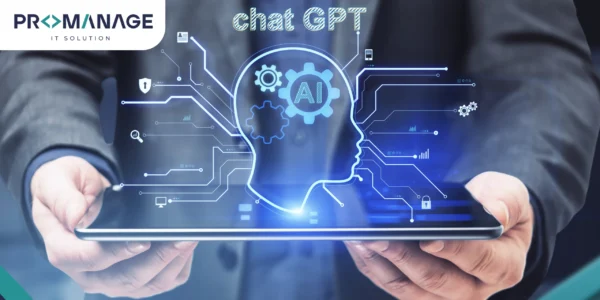
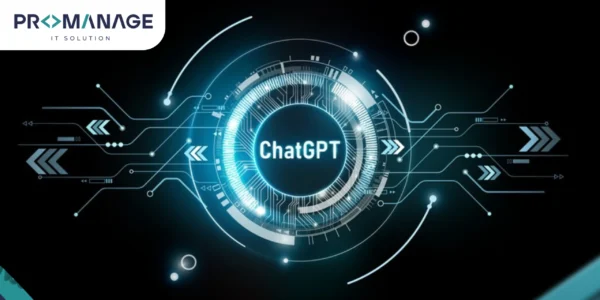


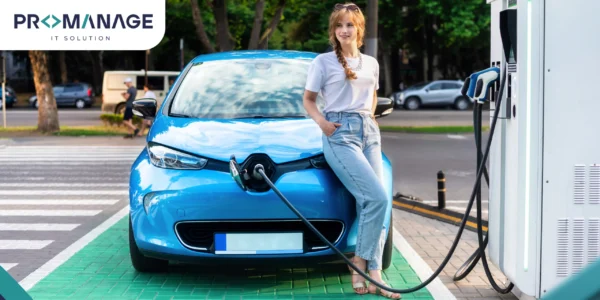
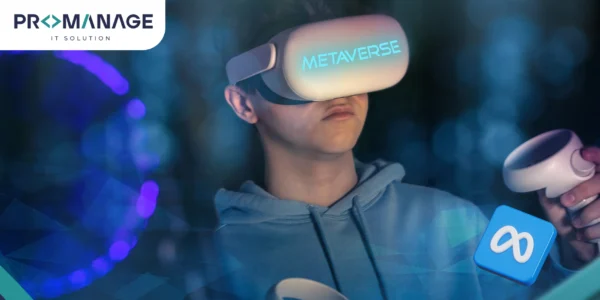



SEO Team Lead
Preeti is a skilled SEO Team Lead passionate about boosting organic traffic and improving search rankings. She leads with data-driven strategies to help businesses grow online effectively.